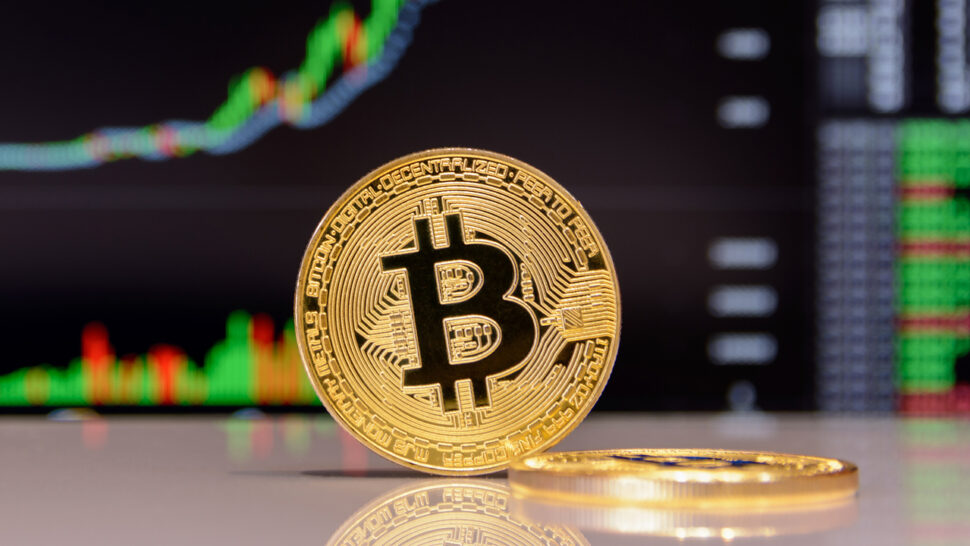When the Bitcoin was invented by a revolutionary person named Satoshi Nakamoto, who would have thought that a country like India would be the first one to realize the dream of an alternative currency system. When Bitcoin first surfaced in the world, Indian central banks and financial regulators were quick to despise it. Why would they support a monetary system that deprived them of their regulatory power?
Contrary to the reservations of central banks, the promise of Bitcoin still permeates India, much like the whole world. Bitcoin lays the foundation of the world that has a decentralized financial system, whereby the financial autonomy is transferred from regulators to the common man.
The modern financial system is plagued with arbitrary influence and risks: whether its constant inflation that reduces purchasing power or frequent market crashes that result in multi-million dollar bailouts for investment bankers and financial moguls, as opposed to the ordinary person, the graph is skewed against the vast majority of the population.
Call it mere luck, or destiny, the geopolitical climate and economic conditions of India have evolved in such a fashion that they augment the shift towards Bitcoin and cryptocurrency. If you are looking to check the potential of Bitcoin, then you can check out the BTC rate in India. Let’s take a perspective of these decisions, and see how they have fueled the notoriety of BTC.
Demonetization: Loss of Purchasing Power
In 2016, a jaw-dropping announcement was made by the Reserve Bank of India. It stated that the country was invalidating 500 and 1000 rupee notes, stripping the economy with about 86% of its currency. The rationale behind this monumental decision was two-pronged: India had a thriving black market that carried out illicit activities, and that people who profited from these trades had stashed their wealth in households, without making it a part of taxable income.
While this was a welcome step to increase the legal tax-net and deter illicit economic activity, there was under-lining importance for Bitcoin and cryptocurrency in general. Local Indians, especially the burgeoning young population lost their trust in the traditional currency and started to use Bitcoin as the alternative source.
India’s Tech Revolution
Apart from being the largest democracy in the world, India has a staggering youth demographic that is keeping with modern tech-based trends. Owing to cheaper smartphones, widespread internet accessibility, and a network of eminent engineering colleges, graduates of engineering and computer sciences are treading down the path of entrepreneurship. These startups require an integrated financial channel and Bitcoin offers that.
Tech-startups in India such as call centers are working for clients all around the world. To make sure that they do not lose hefty transaction fees, and stay away from the watchful eye of financial regulators, they are resorting to revolutionary speed and privacy provided by the Blockchain technology. Here, transactions are not only private, but also cannot be traced.
What does the future look like?
The statistics predict that the adoption of Bitcoin and crypto will keep on increasing. This digital form of currency is attracting the youth and other investors within India, and rightfully so. People are looking for a safer system of currency which protects them from inflation, government regulators, third-party transaction fees, and economic strife. Bitcoin provides that.





